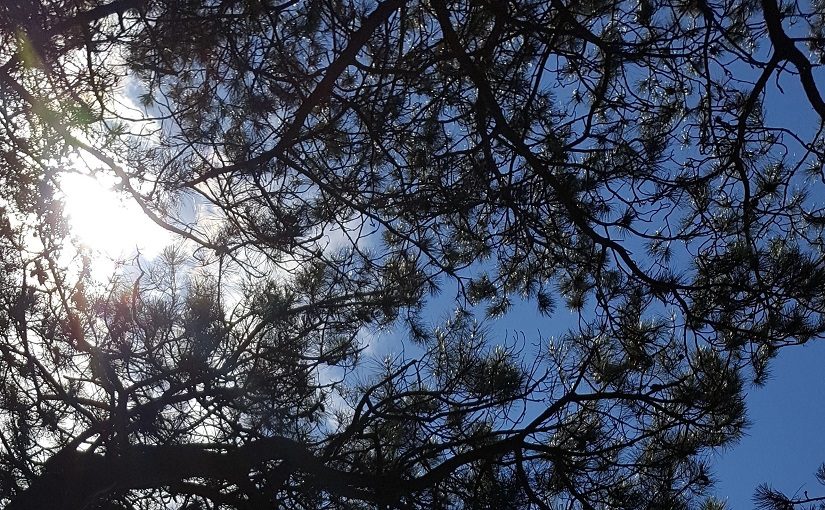In terms of how we live, isn’t it that we’re very much born into things? Much of what effectively shapes the course of our existence being, in many ways, determined by the social realities already existing around us. Almost as if we exist within this manmade reality of structures, policies and ideas affecting every area of our lives; our only freedom, perhaps, being how we respond.
Isn’t it true that society stands between us and the world? Mediating that relationship, telling us what to think and how to be, sheltering us from some things but burdening us with others. At this point, we presumably don’t know any different? How long’s it been since humans in the West have lived in direct relationship with nature? Increasingly, it seems like we’re living at ever-further distances from it. (Notes One)
Conceiving of “society” as a set of systems we’re born into, what’s that like? To arrive on the scene with all these naturally-endowed advantages or disadvantages almost completely beyond our control. To have our sense of self-worth, social acceptance or power determined, to quite a large extent, by how that world’s been saying to judge people like us. Doesn’t “all that” become the lived experiences of our lives?
It just seems interesting to imagine all the ways our lives are shaped by this being our reality – every moment, perhaps, being influenced by our appearance, the circumstances of our birth, or all the ways that’s been compounded over the years (Notes Two). Living within this human world of judgements, assumptions, and assigned estimations of worth seems a not insignificant reality we all have to contend with.
How much are we judging each other on those terms? Where do we get our ideas of what are acceptable or meaningful ways to judge people? Is “that” part of the system we live in too? The set of values by which we’re allowed – or, encouraged – to see and respond to those around us. The code that’s been bred into us around what’s valuable or otherwise within our community.
It’s fascinating to think that whatever the human “is” might be being poured into these situations the humans before them created, dreamt up or set in motion. The ideas once in their minds becoming the realities of our lives. The minds now filling them becoming the ones who, in turn, will uphold, improve or let fall away whatever systems they might have inherited. (Notes Three)
And, within it all, there are presumably many voices trying to tell us what “living this way” means for them, from a human perspective. Listening, we perhaps come to appreciate how well our “values” are working out in the real world. Seeing these systems through the eyes of those affected by them, our response may well be that something needs to give.
Isn’t it effectively down to us to change things? How else is anything to improve if the people living within modern systems don’t insist on their values being better brought to life.
Notes and References:
Note 1: Detaching from the world around us
Note 1: Treating people like sims?
Note 1: Having a sense for being alive
Note 1: True relationship within society?
Note 2: Complication of being human
Note 2: The struggle with being alive
Note 2: Absolute or relative value
Note 3: What it is to be human
Note 3: Society as an imposition?
Note 3: Losing the sense of meaning
Note 3: Questions around choice

